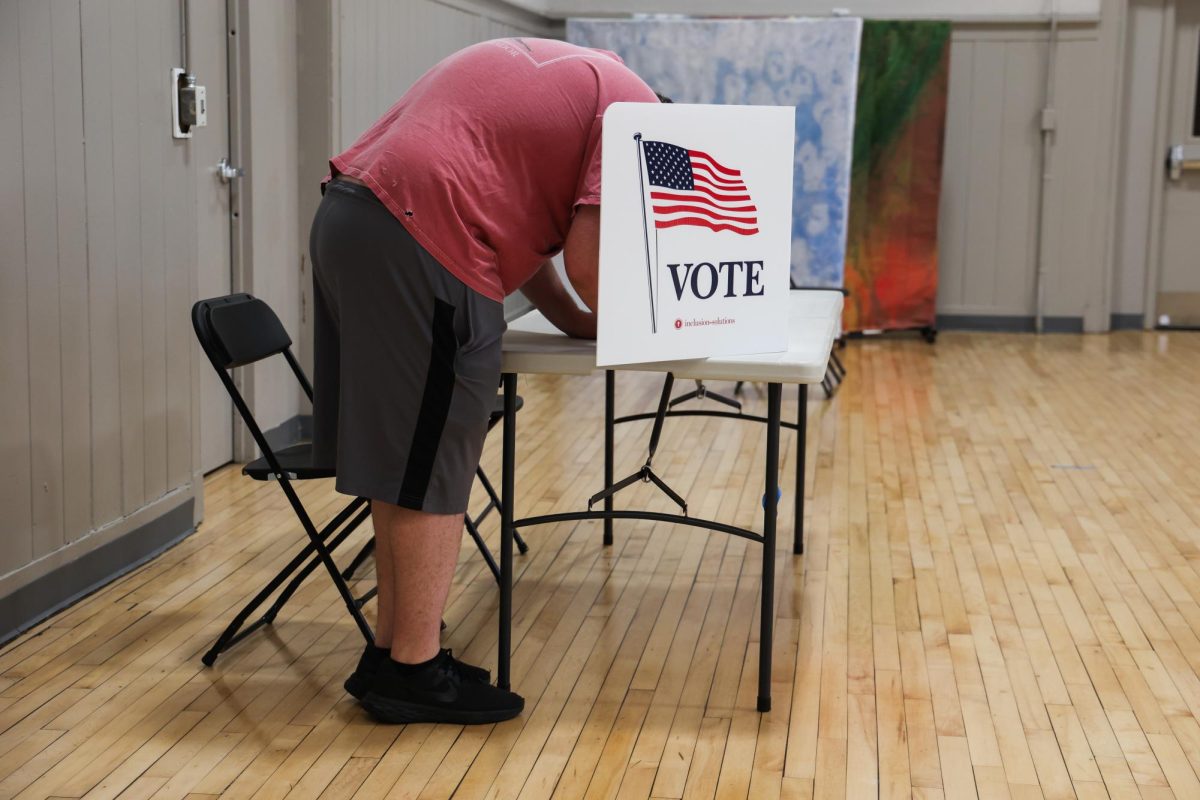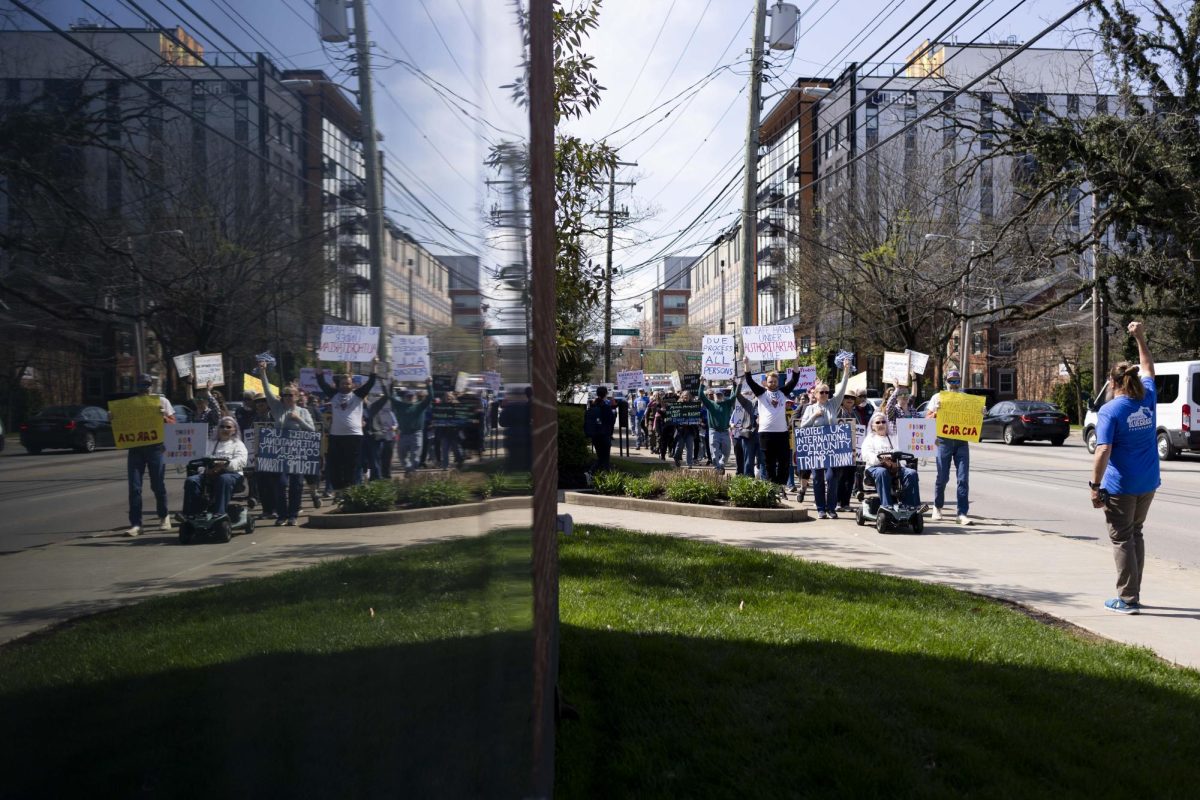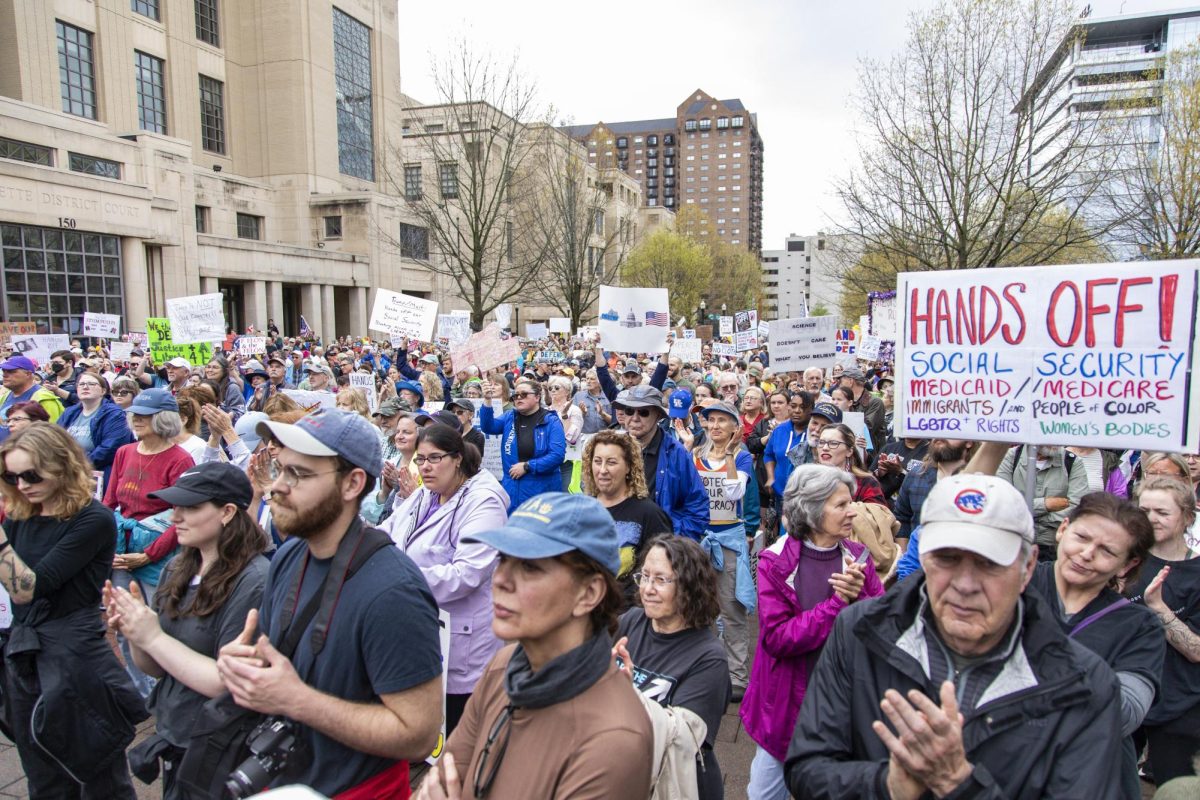Kentucky citizens cast their votes and decided the future of amendments and proposals at both the state and local level during the 2024 election.
Two amendments, a tax proposal and local officials were on the ballot alongside the presidential candidates.
Amendment 1 aimed to prohibit non-U.S. citizens from voting, and was passed following the election.
The amendment passed with 64% percent of votes, or roughly 1.2 million Kentuckians, voting “Yes” for the amendment.
Federal law already makes it a criminal offense for non-U.S. citizens to vote in presidential elections, and Kentucky requires registered voters to be citizens of KY for at least 28 days prior to Election Day.
However, Amendment 1 was placed on the ballot to ensure the Kentucky Constitution explicitly states that non-citizens are not allowed to vote, according to the WCPO.
Because Amendment 1 passed, Kentucky’s State Constitution will now have an additional line stating that “no person who is not a citizen of the United States shall be allowed to vote,” according to WLWT.
Amendment 2 aimed to allow public funds to go to non-public education like private and charter schools, and was rejected by Kentucky voters following the election.
The amendment failed with almost 65% of votes, or roughly 1.3 million Kentuckians voting “No” for the amendment on the ballot.
Those in support of Amendment 2, like Kentucky Students First, argued that the amendment would allow for additional education opportunities to be created outside of public school, and would not end up reducing public school funding.
Those against Amendment 2 argued that the amendment would have a “devastating” financial impact on Kentucky’s public school system, according to The Courier Journal.
Because Amendment 2 did not pass, public tax dollars will not go toward education outside of public schools.
“Kentucky voters have once again definitively stated that public dollars belong only in public schools,” Kentucky Gov. Andy Beshear said. “It is time our legislative leaders recognize the will of the people and get serious about ensuring that every Kentucky child gets a world-class public education.”
According to WKYT, the amendments will become effective when election results are certified on Nov. 25, 2024.
Lexington community members also voted on a new proposed property tax during the election.
The tax, which aimed to support Lexington’s parks projects, was the first new property tax approved by voters in 20 years, according to the Herald-Leader.
The tax will add an additional $2.25 per $100 on all taxable properties.
Those in favor of the tax said it will benefit the community and the parks, while those against the tax said it could further add to already existent financial burdens for community members and families.
Fayette County residents passed the proposed property tax with roughly 61% of voters saying “Yes” on the ballot.
The new tax is determined to generate roughly $8 million a year for all capital improvement projects across Lexington’s 100 parks, including new trails and facilities.
According to the Fayette County Clerk’s Office, the tax will become effective on Jan. 1, 2025.
Many Lexington community members, like University of Kentucky political science and law and ethics double major freshman Trenton Schroering, said that local elections tend to have a larger impact on a community than national ones, like the presidential election.
“What I think a lot of people fail to understand is that a politician as seemingly insignificant as your local school board member has more of a direct impact on your life than the president of the United States,” Schroering said.

































































































































































Robert Jett • Nov 9, 2024 at 3:22 am
We are taxed to death as it is. We are a city that does not care for the people that struggles but strangely allow panhandles stand along a lot of intersections causing havoc to traffic.